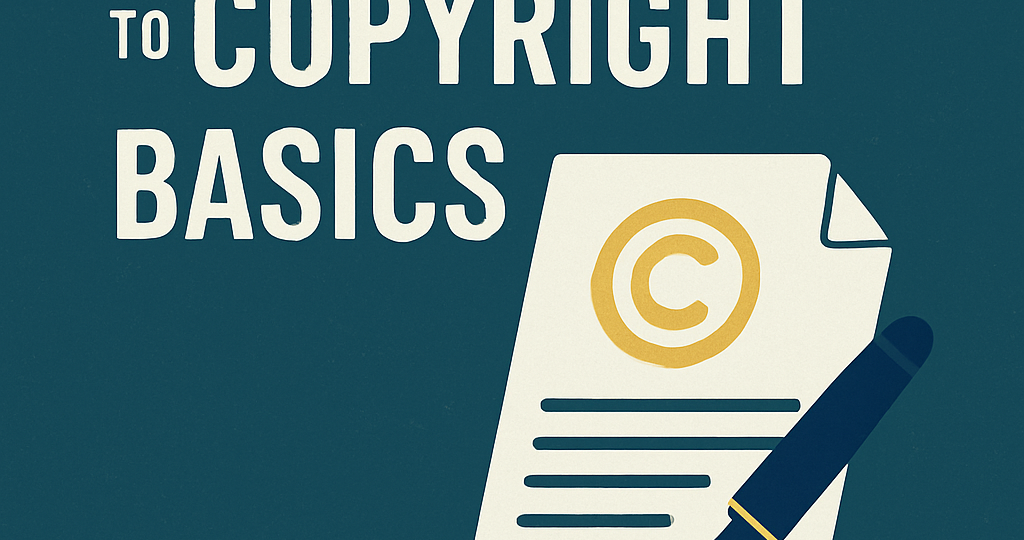
If you’re a filmmaker, musician, writer, or content creator, you’ve likely heard the term “copyright”—but what does it really mean, and how do you secure it?
What Is Copyright?
Copyright is the legal protection that gives creators exclusive rights to reproduce, distribute, perform, or display their original work. This includes songs, videos, scripts, books, podcasts, and more.
You Own It—By Default
In the U.S., the moment you create an original work and fix it in a tangible form (like recording a song or writing a script), you own the copyright. However, you’ll need to register it with the U.S. Copyright Office to sue someone for infringement or seek statutory damages.
But There’s a Catch: Work-for-Hire Clauses
If you sign a deal that includes a “work for hire” clause, you may be giving the other party the copyright to your work. This means they legally own your creation—even if you came up with everything.
Collaborations & Joint Ownership
If you’re working with others (like co-writers or producers), things can get murky fast. Who owns what? How are royalties split? Clear written agreements are essential to avoid future disputes.
What You Can Do:
-
Always read the fine print before signing.
-
Register your work—especially if it’s something you’re selling, licensing, or posting publicly.
-
Work with an attorney to clarify ownership in contracts, collaborations, or client work.
Copyright = Leverage.
It’s not just protection—it’s power. The better you understand it, the more control you’ll have over your creative career.

